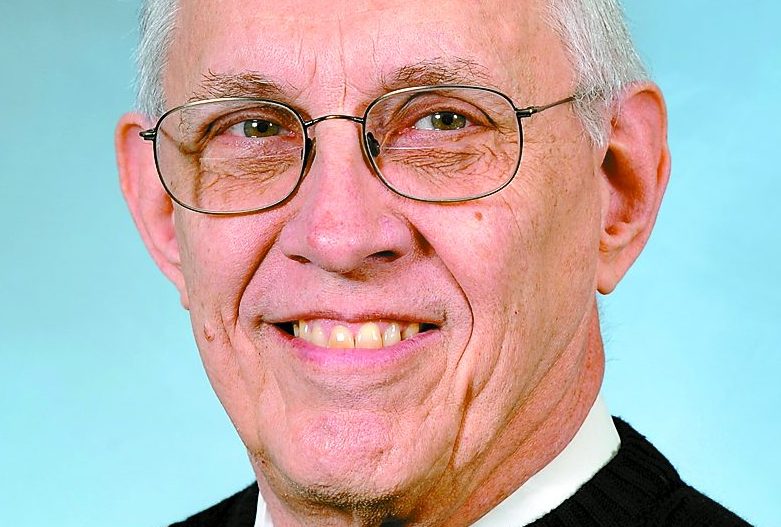WITT: It matters who nominates, affirms SCOTUS justices
Published 3:04 pm Tuesday, October 13, 2020

- Chuck Witt is a retired architect and a lifelong resident of Winchester.
|
Getting your Trinity Audio player ready...
|
Only a small percentage of voters ever consider the importance of potential events affecting the Supreme Court when presidential elections come up.
But, because of the unlimited tenure of justices, the choice for president — and his or her obligation to appoint justices — has huge ramifications far outlasting the succeeding four or eight years during which the elected president might hold office.
Our constitution was pretty vague regarding the Supreme Court, simply stating, in Article III: “The Judges, both of the supreme (supreme was not capitalized therein) and inferior courts shall hold their Offices during good Behaviour…”. Article II, Section 2 delegates to the Senate the right of confirmation of nominees to the court.
The number of justices was not stipulated and has varied during the more than 200 years that the nation has existed.
But in 1869, by means of the Judiciary Act of that year, the number was established as nine, and it has remained thus since that time. The last time an attempt was made to change the number of justices was in 1937, when Franklin Roosevelt attempted to appoint additional justices.
The number can be changed by a simple act, approved by both the House of Representatives and the Senate and signed by the president.
There are at least a couple of things relating to Supreme Court justices that should be accepted.
One, each president, regardless of party, has the stipulated right to nominate, during the period he or she holds office, persons for a seat on the court.
It is quite obvious that presidents of both major parties have made such nominations, and while those seated justices have been both liberal and conservative, the continuity of the court goes on, often changing previous findings and setting new courses for the American populace.
Repeal of Prohibition and voting rights for women are examples of both.
While political parties not holding a majority in the Senate almost invariably try to stymie appointments of the opposing party, these efforts are almost always a result of pure political pandering and often have little to do with any demonstrated ability or professionalism of the nominee.
Two, it is expecting something that never was and will never be to expect a Supreme Court justice to totally abandon his or her strongly held religious or ethical beliefs when making judgments on cases before the court.
Justices are no less human than anyone else, and it should be expected that their rulings will always, to some degree, reflect themselves, even if their personal beliefs change during the time they hold a seat on the court.
Here’s the bottom line. Presidents have the authority to nominate justices. The Senate has the responsibility to affirm or deny those nominees and it should be done expeditiously regardless of who the president may be or who controls the Senate.
Some justices have framed themselves as “originalists” believing that the constitution is immutable. It should be recognized that our founders were not especially adept at prognosticating the future of this country otherwise there would not now be 27 Amendments to the document.
Even the Bill of Rights was added after the adoption of the original document. So justices should not think that the constitution will always be totally applicable to the norms of the current society.
Let there be no mistake, decisions handed down by the court can, and often do, have ramifications at the local level.
Kim Davis, former county clerk in Carter County, had a case pending before the court, and it was denied hearing, and a decision by the court a couple of years ago resulted in modifications to the sign ordinance of Clark County.
It matters who sits, who nominates and who affirms.
Chuck Witt is a retired architect and a lifelong resident of Winchester. He can be reached at chuck740@bellsouth.net.





